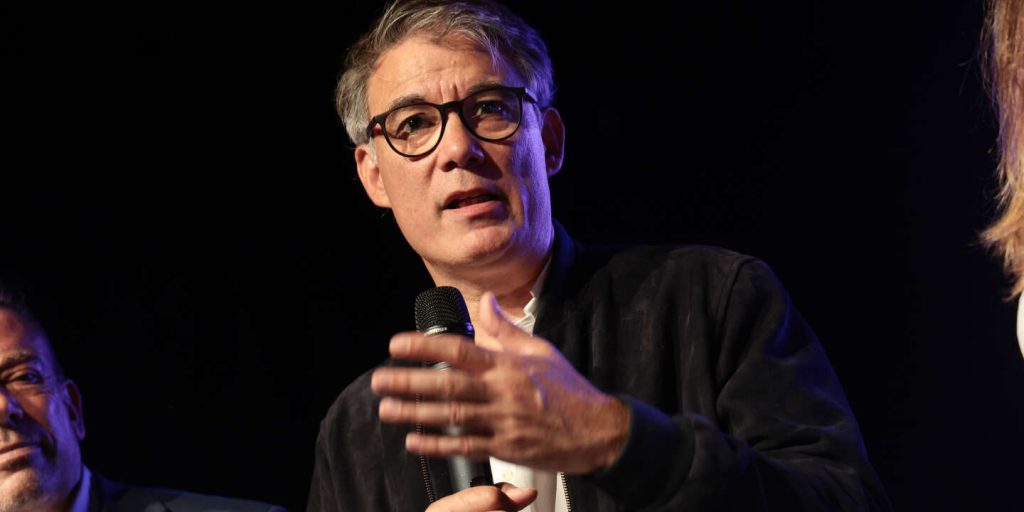In an interview with the Journal de Saône-et-Loire, Michel Barnier promises to protect those “who work, who produce” from any tax increases, while also implying that those who can contribute may be called upon for an “exceptional and temporary” contribution to help with the country’s financial recovery. As he prepares to deliver his general policy statement to Parliament and present the 2025 budget, Barnier acknowledges the seriousness of France’s budgetary and financial situation and emphasizes the need for fair and balanced measures to address it.
Barnier stresses that everyone must pitch in to address the country’s debt of 3.1 trillion euros and a deficit of over 6% of the GDP. He emphasizes the importance of a just, balanced, and coordinated effort to tackle these challenges. Despite recent controversies surrounding statements made by Bruno Le Maire regarding local authorities, Barnier chooses to focus on addressing the overall degraded situation and reaffirms the crucial role of local governments in promoting social and territorial unity within France.
Regarding the need to control spending, Barnier mentions the importance of working with local authorities to share the burden and discusses the possibility of decentralization to departments, regions, and prefectures. He also emphasizes the importance of simplification, experimentation, and the flexibility to deviate from standard procedures in order to address the current challenges effectively. Barnier’s approach appears to prioritize collaboration and dialogue with various levels of government to ensure a cohesive and effective response to the financial crisis.
Despite the challenges faced by the country, Barnier remains committed to protecting those who are actively contributing to the economy and acknowledges the need for temporary measures to address the financial crisis. He reiterates that the focus should be on fairness and justice in distributing the burden of the necessary changes. Barnier’s approach emphasizes the importance of unity and collaboration among all stakeholders, including individuals, businesses, and government entities, in order to successfully navigate the complex financial landscape.
By emphasizing the need for shared responsibility and collective action in addressing the financial challenges ahead, Barnier positions himself as a leader who is committed to finding equitable solutions to France’s budgetary and financial issues. His inclusive approach, which involves engaging with various levels of government and stakeholders, signals a willingness to work collaboratively to address the country’s economic challenges. As he prepares to outline his government’s policies and budget plans, Barnier’s statements indicate a clear commitment to fairness, balance, and unity in navigating the country’s current financial difficulties.


